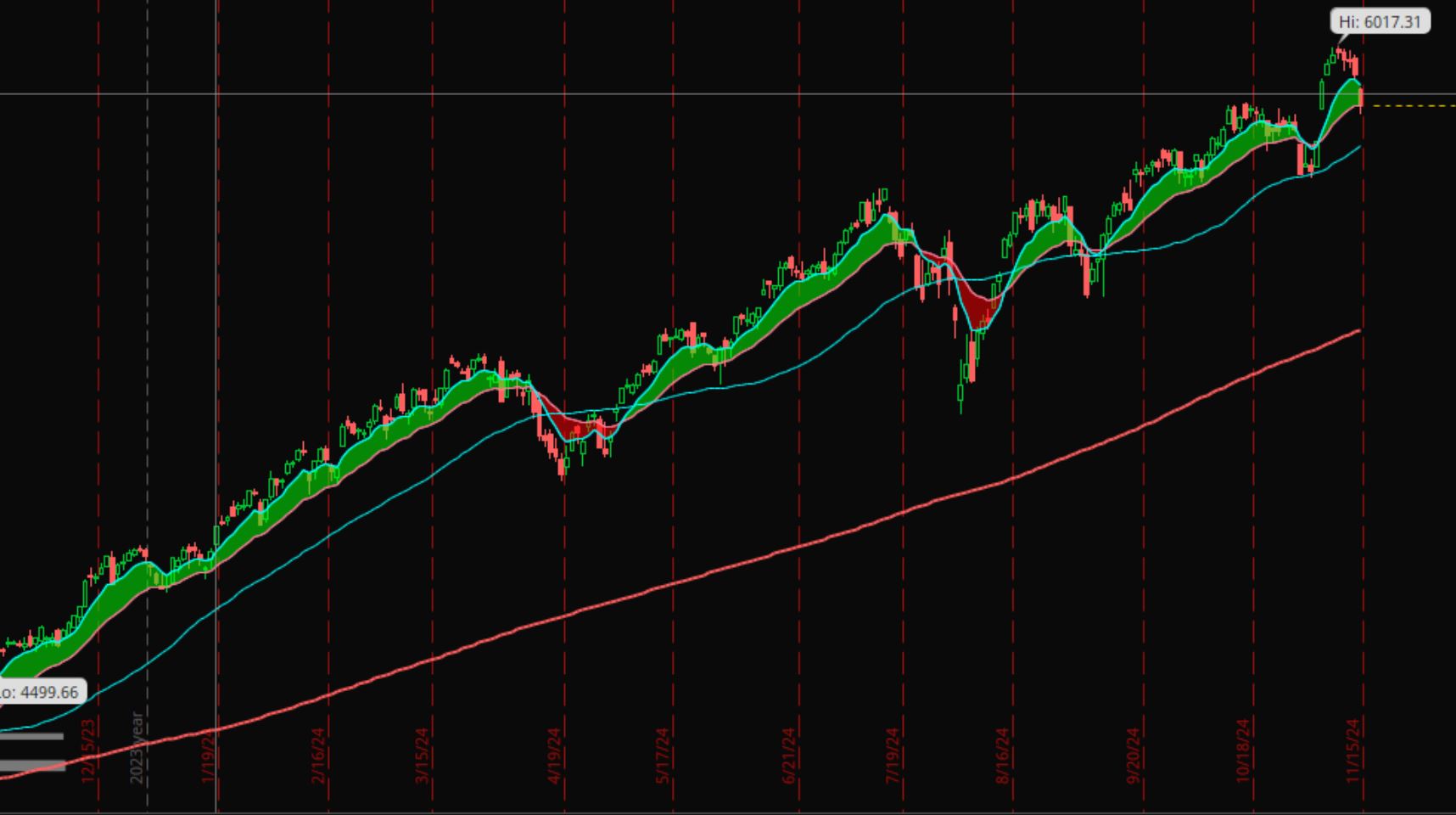Introduction
The defense sector has long been a reliable growth avenue for investors, and two major players, Boeing (BA) and Lockheed Martin (LMT), stand out. Both companies are powerhouses in the military sector, but their paths are different. Boeing, once known primarily for its commercial airplanes, has been diversifying and strengthening its position in defense. Meanwhile, Lockheed Martin continues to dominate the global defense landscape with a solid portfolio of contracts and consistent revenue.
Boeing’s Military Push: NGAD and Beyond
Boeing recently secured a $20 billion+ contract for the Next Generation Air Dominance (NGAD) fighter jet program, which is a major win for its Defense, Space & Security (BDS) segment. With this, Boeing aims to significantly increase its presence in the defense industry, especially as commercial aviation recovers. However, this long-term program is just starting, and execution risks remain a concern.
Boeing’s NGAD contract will likely add about $1 billion annually to its military revenue, boosting its overall Defense, Space & Security segment by around 4% per year. While promising, Boeing’s future in defense hinges on its ability to deliver effectively and manage its past operational challenges.
Lockheed Martin’s Stronghold
On the other hand, Lockheed Martin (LMT) is already a leader in missiles, space systems, and fighter jets—particularly with its flagship F-35 program. Lockheed’s revenue from defense contracts has been stable and growing, with strong cash flow and a commitment to delivering dividends. Their diverse portfolio in defense sectors like hypersonics, space exploration, and missile defense makes them less reliant on a single contract or program, unlike Boeing’s NGAD contract, which is just one piece of the puzzle.
Lockheed’s ability to navigate complex geopolitical situations and sustain long-term contracts gives it a solid footing in the defense sector, making it a safer bet for long-term investors seeking stability.
The Case for Boeing
Despite these strengths, Boeing’s defense segment could offer growth opportunities, especially if the NGAD program and other future contracts perform well. However, it’s important to note that Boeing still faces significant operational challenges from past delays, financial setbacks, and regulatory scrutiny. While Boeing’s commercial aviation recovery is encouraging, its military segment must prove its reliability and execution in the years to come.
Why Stick with Lockheed Martin
For long-term investors, Lockheed Martin offers stability, with a proven ability to execute on defense contracts and return value to shareholders. Its high margins, consistent cash flow, and solid dividend yield make it a safer and more predictable investment. Lockheed also offers a diversified defense portfolio, minimizing the impact of potential program delays or setbacks.
Conclusion
While Boeing’s recent military contract win is significant and could lead to strong growth in the defense sector, Lockheed Martin’s consistent performance and strong financials make it a safer and more stable long-term investment. Unless Boeing shows clear operational improvements, LMT remains the more reliable choice for those seeking long-term stability and predictable returns.












Leave a Reply